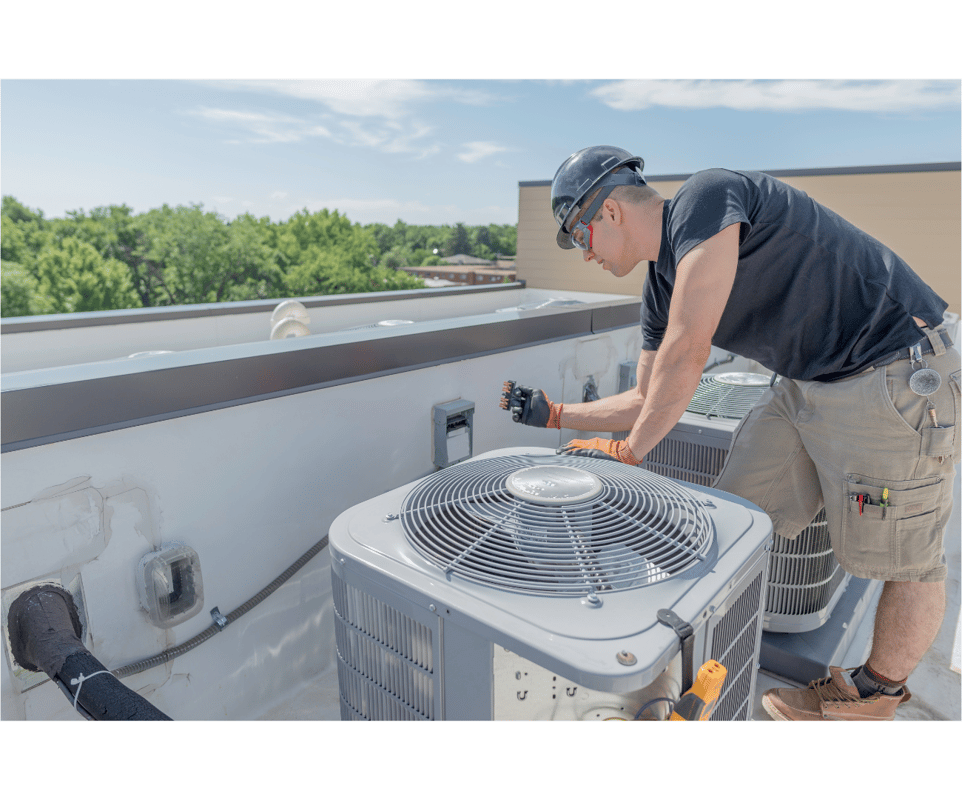How to Become a HVAC Technician in Washington

What is a HVAC Technician?
HVAC technicians are responsible for the installation, maintenance, and repair of heating, ventilation, and air conditioning (HVAC) systems. They diagnose and troubleshoot issues with these systems, ensuring they are functioning efficiently and effectively.
How Do I Get My HVAC Technician Certification?
After completing your training, you will need to obtain the necessary certifications to work as a HVAC technician in Washington. This may include passing the North American Technician Excellence (NATE) exam or obtaining a state-specific license.
How Do I Get a Job as a HVAC Technician?
To get a job as a HVAC technician, you can apply directly to HVAC contractors, construction companies, or building management firms. Networking and building relationships within the industry can also help you find job opportunities.
Career Paths and Opportunities after Becoming a HVAC Technician
With experience and additional training, HVAC technicians can advance to become supervisors, project managers, or even start their own HVAC contracting businesses. The demand for skilled HVAC technicians is expected to remain strong in the coming years.
Final Thoughts
Becoming a HVAC technician in Washington can be a rewarding career path, offering stable employment and the opportunity to work with a variety of HVAC systems. By completing the necessary training and obtaining the required certifications, you can start your journey towards a successful career in this in-demand field.
Looking for a better fit? These other articles could be more in line with your expectations if this one isn't precisely what you had in mind:

Athena is Co-founder and CEO of Dreambound.





